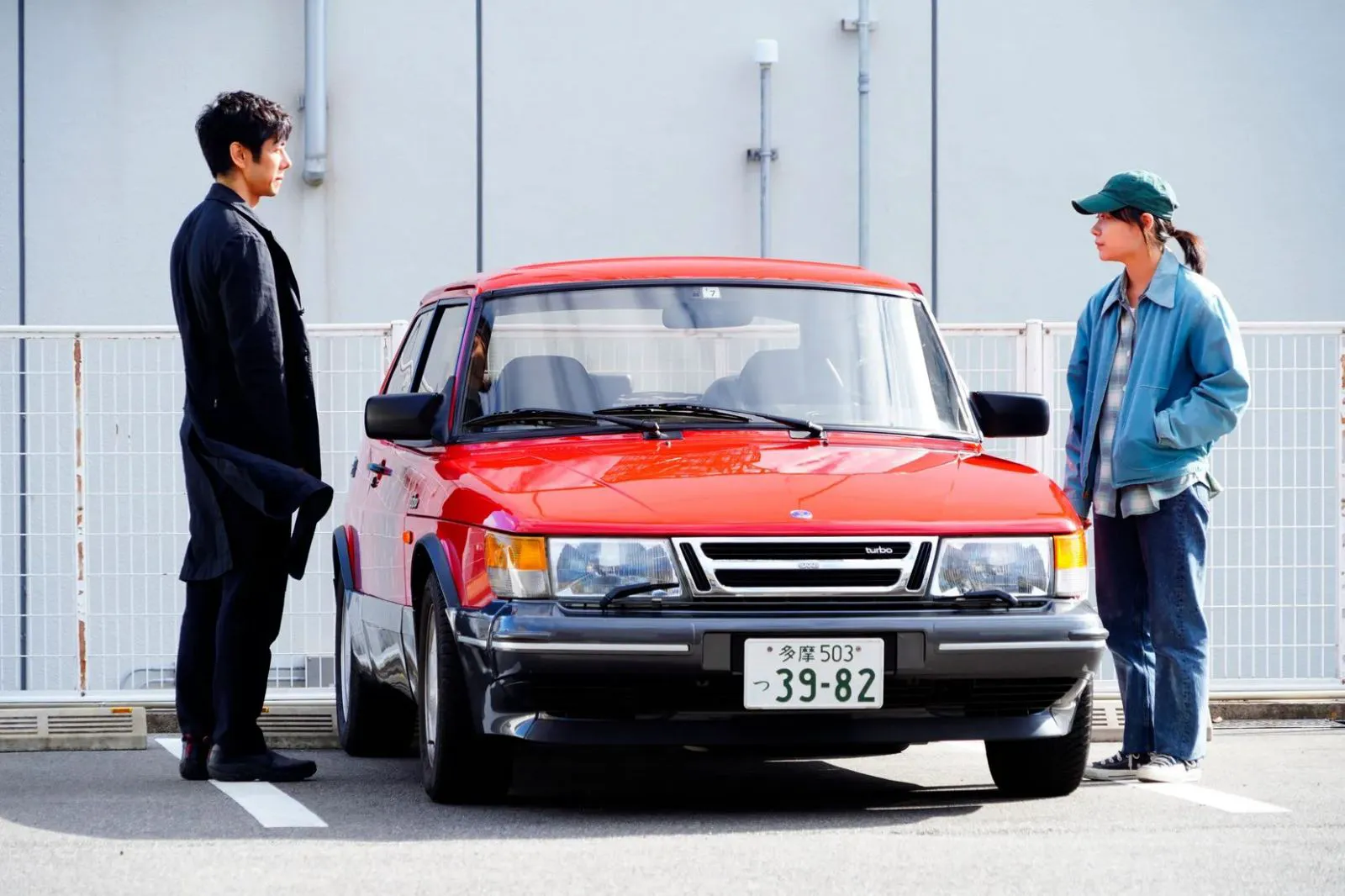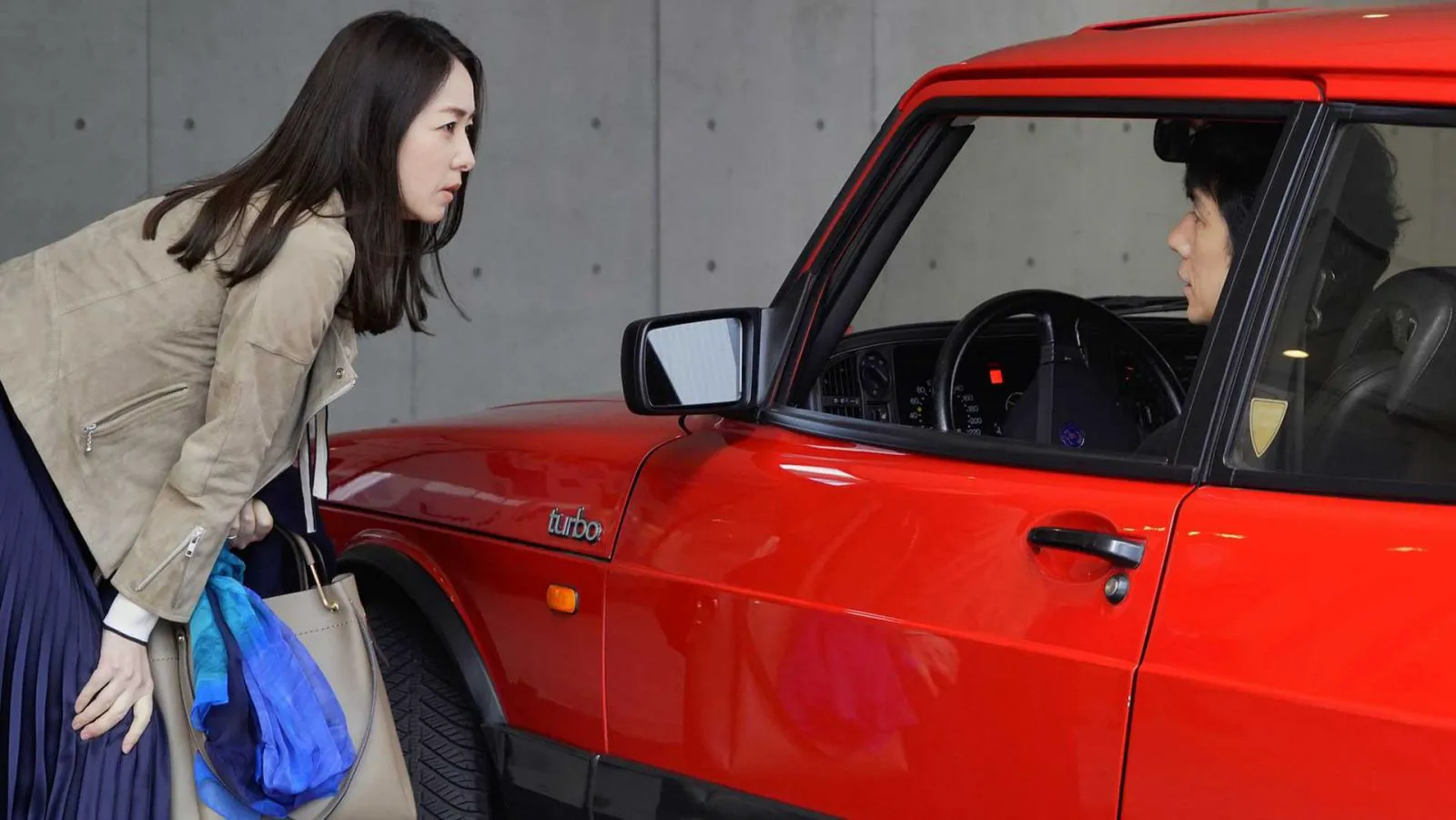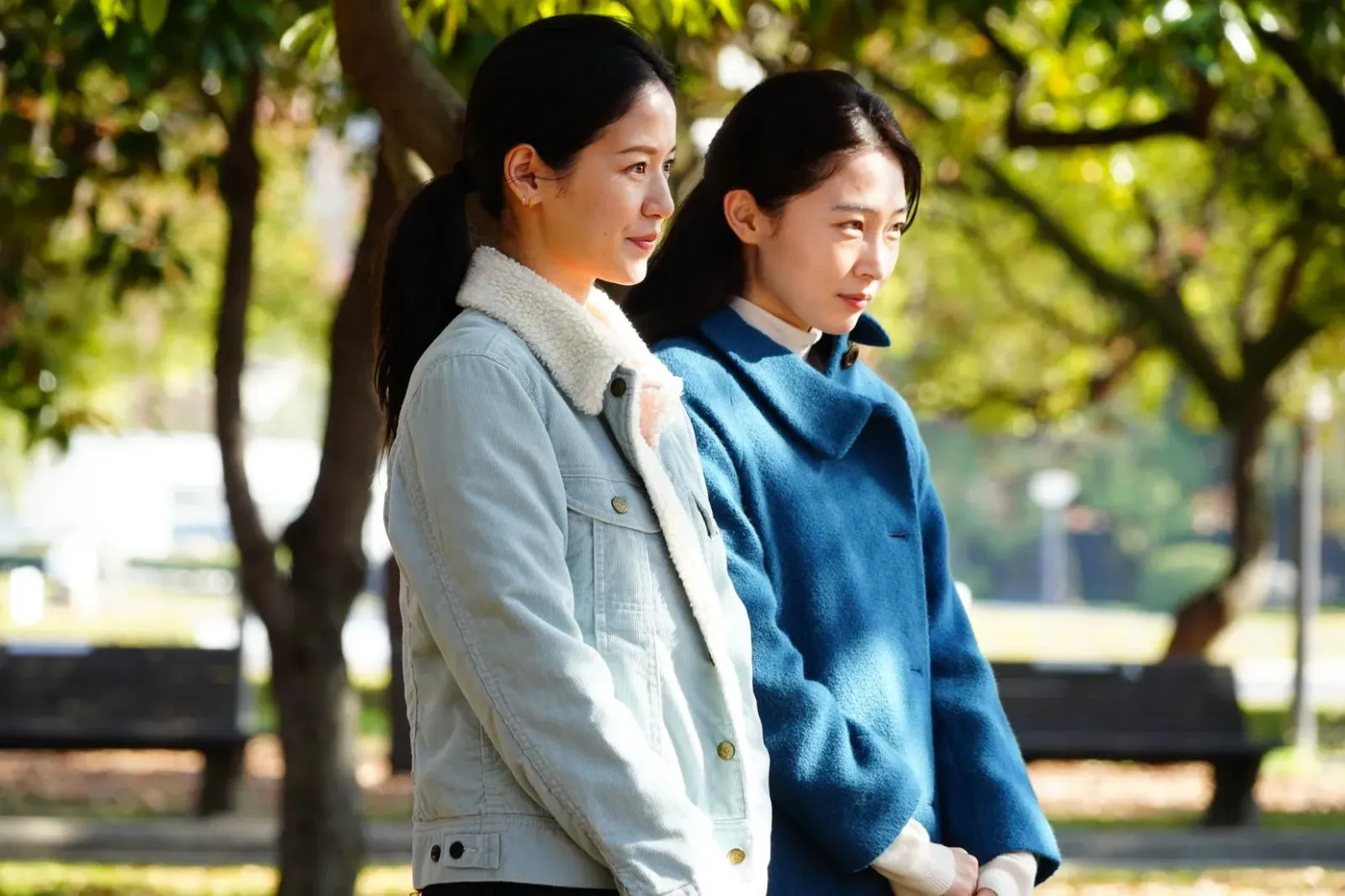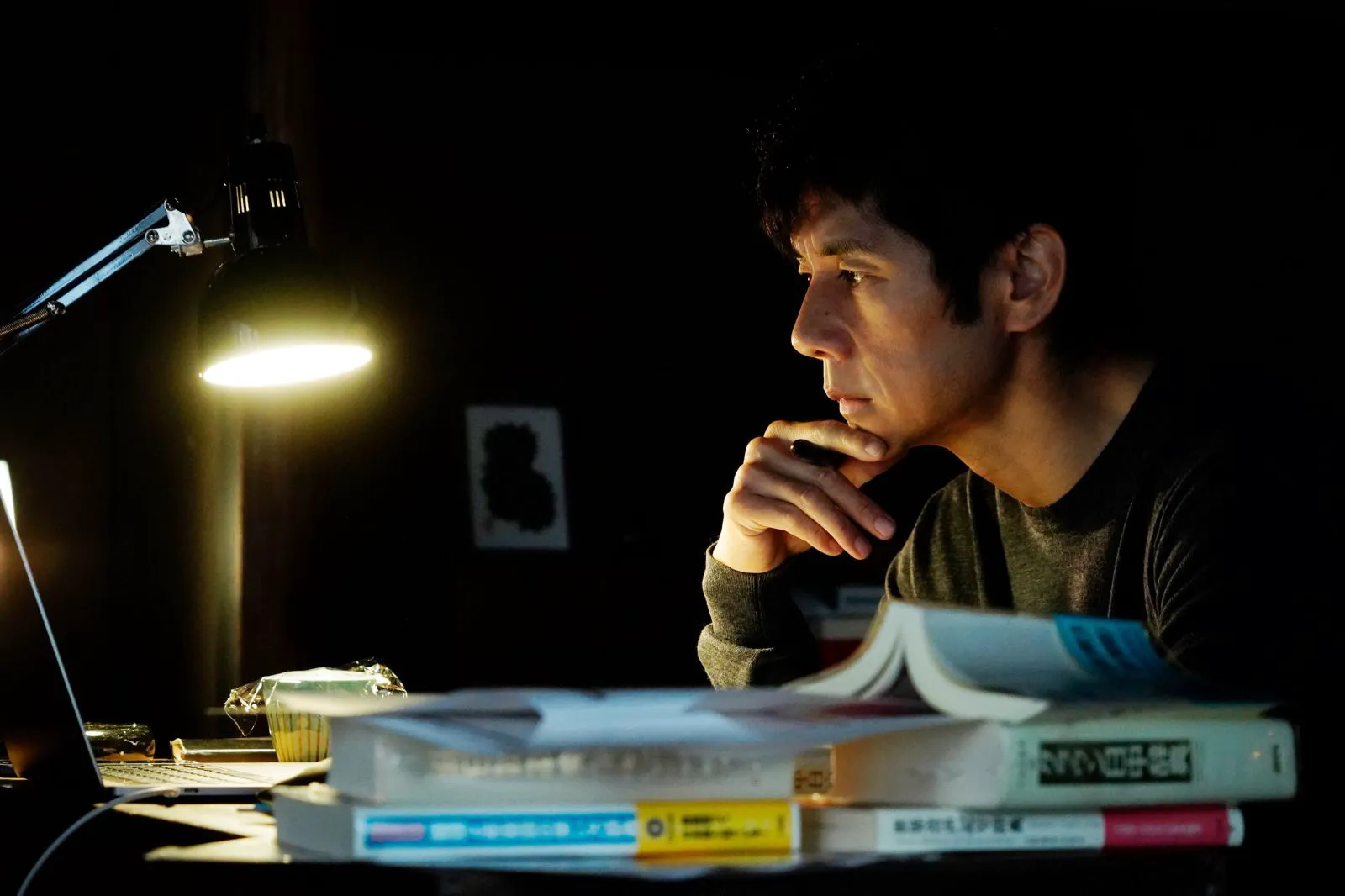Drive My Car: A Portrait of Humanity Adrift
“Drive My Car” is an expansive adaptation of a short story by Haruki Murakami. Yusuke (Hidetoshi Nishijima), a stage actor and director, is grappling with the loss of his wife. To cope with his grief, he accepts a role directing a production of “Uncle Vanya” at a theater festival. During rehearsals, he develops a bond with Misaki (Toko Miura), his assigned driver. They are connected by a shared sense of loneliness and a desperate search for solace.
In the concluding scene of both the film and Chekhov’s play, one of the characters (conveyed through sign language in the film) delivers the famous line that has become a tacit life motto for many: “We must live on.” This imperative, gentle yet palpable, carries a sense of both compulsion and a somewhat blind elevation above the situation in which Chekhov’s protagonist, Uncle Vanya, finds himself deeply and enduringly trapped. Yusuke himself seems unsure of his feelings after his wife’s death. He still harbors resentment towards her – he caught her with another man shortly before her death but said nothing, continuing preparations for the play. Afterwards, it was irrevocably too late.

Hidetoshi Nishijima as Yusuke in a still from “Drive My Car”
The Weight of Unspoken Truths
Yusuke and his wife, Oto (Reika Kirishima), shared what he believed was a unique bond: describing and interpreting her enigmatic dreams. After each sexual encounter, Oto, a former actress working in television, would piece together fragments of her dreams, sometimes with precise detail, sometimes abruptly cutting off at the most intriguing parts. Yusuke mistakenly believed he was privileged, that no one else had access to her nocturnal fantasies. Only after her death, after long and exhausting months of preparing for the play, does he realize his error – Oto shared her dreams with other men, some even hearing the ending.

Hidetoshi Nishijima as Yusuke in a still from “Drive My Car”
The Art of Healing Through Performance
Ryusuke Hamaguchi’s film, from a leading figure in the new Japanese “wave” who won both the Berlinale Grand Prix (“Wheel of Fortune and Fantasy”) and the Cannes screenplay prize in the same year, emerges as a multi-layered, elusive portrait of humanity struggling to cope. The characters attempt to exist according to the rules of both theater and life, blurring the lines and sinking deeper into everyday life and traumatic pasts. Unsurprisingly, not everyone succeeds: the supply of illusions isn’t enough to completely wash away grief and continue reciting memorized lines in the car as if nothing happened.

Toko Miura as Misaki in a still from “Drive My Car”
Finding Connection in Shared Trauma
To ensure a safe journey from the theater to the remote island where he will live in seclusion, Yusuke is introduced to his new driver, Misaki. Initially, he resists and distrusts his young companion, but gradually he observes how effectively, and almost silently, she handles his beloved red car, a vehicle cherished in his heart. Waiting for Yusuke on cold nights after rehearsals, Misaki patiently prepares to share her own story, filled with traumatic incidents, mentally dysfunctional relatives, and forced early independence.

Hidetoshi Nishijima as Yusuke in a still from “Drive My Car”
The Universality of Pain
The play “Uncle Vanya” in the film is a multilingual experiment: the actors deliberately use different languages on stage (with translations displayed on a screen behind them). Initially, it seems that Yusuke and Misaki are speaking about different things, coming from opposite backgrounds. However, they both discover that pain knows no boundaries of misunderstanding, that trauma is always universal – benign and malignant – no matter how carefully people try to patch it up and polish it over (some with theater, others with driving). The tragicomic nature of the script, coupled with Chekhov’s characteristic inability of characters to hear each other, adds an almost investigative interest to the action, which later transforms into pain for lonely hearts. Yusuke sees in Misaki his deceased daughter and now faintly hopes to recover his memories. Misaki, on the other hand, has long had nothing to lose: her mother, who suffered from bipolar disorder (the diagnosis is not explicitly stated in the film), constantly subjected her to violence. Therefore, all she knows is the road with a saving turn in the wrong direction.
Hamaguchi subtly, almost with psychological expertise, allows the characters to speak without stopping, always knowing the ultimate goal: silence speaks louder than bombastic theatrical outbursts. Perhaps it is because of this dissonance between stage and life (which are not at all equivalent, despite Shakespeare’s assertion) that Yusuke’s final monologue seems helpless and contrived – he knows no other way of expressing himself and speaks as he knows how, hoping that someone will teach him differently. Hidetoshi Nishijima and Toko Miura deliver some of the best performances of the year – subdued, yet timidly hoping for continuation and an escape from the vicious cycle. The broken strings no longer resonate, replaced instead by cigarettes sticking out of the panoramic sunroof and awkward embraces. After all, one must somehow learn to live.